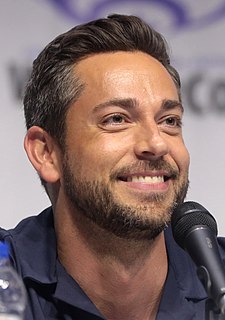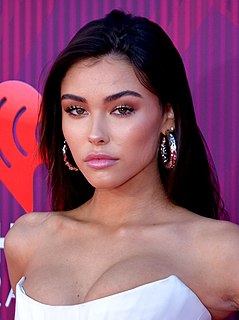A Quote by Bill Ayers
Martin Luther King was only an activist for 13 years and every year he changed and every year he became more radical. By the end he was calling for revolution. People don't know this because they go to too many prayer breakfasts on his birthday.
Related Quotes
We [black people] don't respect our elders. Besides artists, we don't respect Frederick Douglass. We don't respect Martin Luther King. You look at every Martin Luther King Boulevard out here, and it's a crack block. That's not because of white people. That's because of black leadership. We just have that problem, and it's something that I am going to spend the rest of my life trying to conquer.
The goal of Martin Luther King is to get the Negroes to forgive the people the people who have brutalized them for four hundred years, by lulling them to sleep and making them forget what those whites have done to them, but the masses of black people today don't go for what Martin Luther King is putting down.
When I was 15 years old and in the tenth grade, I heard of Martin Luther King, Jr. Three years later, when I was 18, I met Dr. King and we became friends. Two years after that I became very involved in the civil rights movement. I was in college at that time. As I got more and more involved, I saw politics as a means of bringing about change.
When I was 15 years old in the tenth grade, I heard Martin Luther King, Jr. Three years later, when I was 18, I met Dr. King and we became friends. Two years after that I became very involved in the civil rights movement. I was in college at the time. As I got more and more involved, I saw politics as a means of bringing about change
We forgot that Martin Luther King, Jr. changed his discourse toward the end of his life because he understood that the real fundamental problem of this country was not just race, it was class. It was the economical situation of not only poor blacks but also the poor white part of the population and everything in between.
I think it's important not to view Martin Luther King Jr. in a narrow political manner. His fundamental commitment is to a radical love of humanity, and especially of poor and working people. And that radical love leads him to a radical analysis of power, domination and oppression. What's difficult is to situate him ideologically under a particular category.
The white man supports Reverend Martin Luther King, subsidizes Reverend Martin Luther King, so that Reverend Martin Luther King can continue to teach the Negroes to be defenseless - that's what you mean by nonviolent - be defenseless in the face of one of the most cruel beasts that has ever taken people into captivity - that's this American white man, and they have proved it throughout the country by the police dogs and the police clubs.
I was 13 years old. I feel like I didn't have a sense of artistry, and I didn't have a sense of the music that I wanted to make, and every time I'd go into the studio, and I'd make my EP, a month later I'd scrap it and be like, 'I hate every song. I don't wanna do it.' Because that's how 13-year-olds are.
































